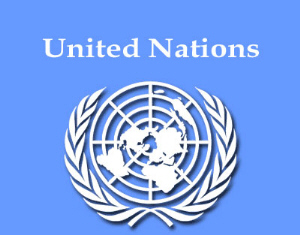The U.S. government’s unwillingness to work with international authorities over its complicity in human rights violations has encouraged other nations to "shirk" their legal and social responsibilities.
 The U.S. government’s unwillingness to work with international authorities over its complicity in human rights violations has encouraged other nations to "shirk" their legal and social responsibilities, the UN Special Rapporteur on Torture has declared.
The U.S. government’s unwillingness to work with international authorities over its complicity in human rights violations has encouraged other nations to "shirk" their legal and social responsibilities, the UN Special Rapporteur on Torture has declared.
Juan Mendez's comments came on Thursday a day after the long-awaited release of the U.S. Senate Intelligence Committee's report on CIA torture practices which revealed how the CIA used techniques such as mock execution, sexual threat, water boarding (to simulate a sensation of drowning) and other forms of torture and degrading treatment against detainees who had been forcibly "disappeared".
He said: "I can attest to the fact that many states either implicitly or explicitly tell you: ‘Why look at us? If the US tortures, why can’t we do it?'"
"We have lost a little bit of the moral high ground, but it can be regained and it should be regained."
He said the CIA's use of abusive techniques during interrogations had promoted and encouraged the use of torture following the 9/11 events in New York in 2001.
"There is no doubt that torture programs right after 9/11 have made the matter of terrorism worse, and the torture that has taken place has been a breeding ground for more terrorism,” he added.
He urged the U.S. to meet the standards it has set both for itself and for others, "as a nation that frequently calls for transparency and accountability in other countries."
The effects of the techniques and detention conditions led to detainees suffering "hallucinations, paranoia, insomnia and attempts at self-harm and self-mutilation", the report revealed, adding the methods were "ineffective" in gathering intelligence.